Home / top-stories / Donald Trump Emerges Victorious in Legal Struggles as He Prepares for a Second Term in the White House
Donald Trump Emerges Victorious in Legal Struggles as He Prepares for a Second Term in the White House
By: My India Times
4 minutes read 45Updated At: 2024-11-26
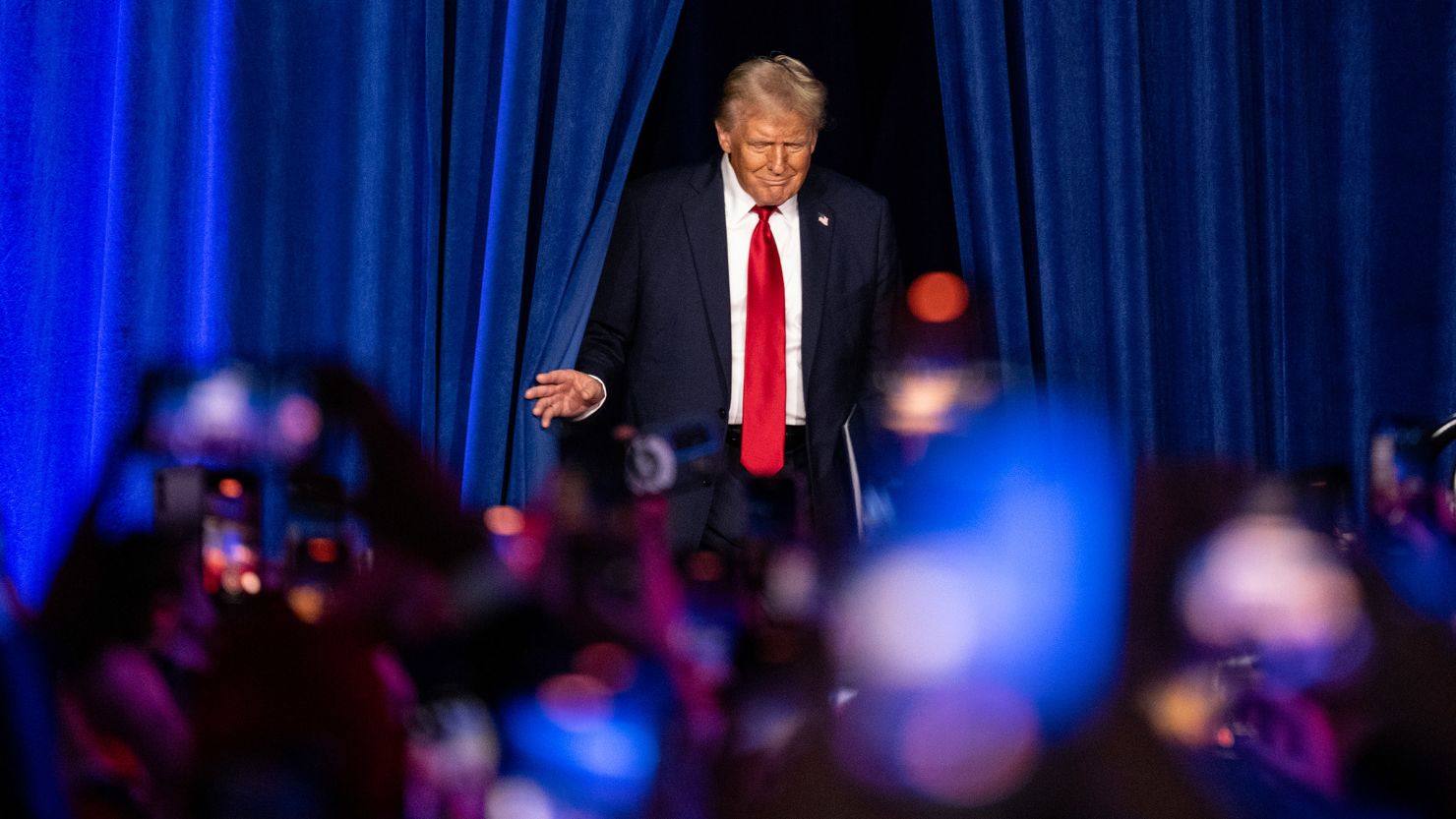
Washington, D.C. — In a remarkable turn of events, former President Donald Trump is leaving behind much of his legal battles as he moves forward with his preparations to take office again. On Monday, Special Counsel Jack Smith, who had brought two federal cases against Trump related to election interference and the mishandling of classified documents, moved to drop both cases following Trump's victory in the November 5 presidential election.
While Smith made it clear that the decision was not based on a lack of evidence, it was rooted in a long-standing Justice Department policy that prevents the indictment or prosecution of a sitting president. "The Government's position on the merits of the defendant's prosecution has not changed," Smith remarked, emphasizing that while the charges remain, Trump's position as the president-elect changes the legal landscape.
A Temporary Immunity and Possible Future Trials
Smith did not completely close the door on legal action, leaving open the possibility of reintroducing the charges after Trump leaves office. The prosecutor filed a motion to dismiss the election interference case "without prejudice," meaning the case could be revived at a later date once Trump’s presidential immunity expires. U.S. District Judge Tanya Chutkan granted the motion, acknowledging that a sitting president enjoys temporary immunity from prosecution. "Of course, there may be no appetite for prosecution in 2029, but this preserves that option," legal experts like Barbara McQuade, a law professor at the University of Michigan, noted.
Trump, 78, faces accusations of attempting to overturn the results of the 2020 presidential election and mishandling classified documents after his presidency. A Florida judge, appointed by Trump himself, dismissed the classified documents case, asserting that Smith's appointment as special counsel was unlawful. Although Smith had appealed the decision, he later dropped the appeal in light of Trump’s election win and the Justice Department's policy on presidential immunity.
The Legal Aftershocks of January 6 and the Election Fraud Allegations
The cases against Trump stemmed from a series of high-profile allegations, including his involvement in the violent Capitol riot on January 6, 2021, where a mob of his supporters stormed the U.S. Capitol. Trump was accused of attempting to obstruct the certification of Joe Biden's election victory and attempting to disenfranchise voters by perpetuating false claims of electoral fraud. These charges were complicated further by the intervention of the U.S. Supreme Court, which ruled in July that former presidents are entitled to broad immunity from prosecution for actions taken while in office. This ruling led Smith to reframe the legal cases and seek a new indictment.
The Potential for Pardon and Political Strategy
As president, Trump would have the ability to potentially pardon himself, eliminating the federal cases against him or preventing them from being reintroduced. He has also promised to fire Special Counsel Smith "within two seconds" of taking office, indicating a robust defense against the ongoing investigations.
However, Trump’s legal woes do not end with federal cases. He still faces state-level charges in New York and Georgia, which could affect his post-presidential career. In New York, Trump was convicted of 34 counts of falsifying business records in relation to a hush money payment made to adult film star Stormy Daniels ahead of the 2016 election. He is slated for sentencing but has requested the conviction be thrown out following the Supreme Court's ruling on presidential immunity. Despite the conviction, it’s expected that Trump may face a fine or probation, rather than prison time.
In Georgia, Trump faces racketeering charges related to his attempts to overturn the 2020 election results in the state. This case is likely to be delayed while Trump serves his second term, as legal proceedings involving a sitting president are typically paused.
The Role of Political Influence in Legal Proceedings
Beyond the courtroom, Trump’s legal entanglements have raised broader questions about the intersection of law and politics. Critics have pointed to potential conflicts of interest, such as the personal relationship between the Fulton County District Attorney, Fani Willis, and the special prosecutor in the Georgia case. As Trump moves back into the political spotlight, his ability to navigate these challenges will likely influence the trajectory of his second term and his legacy as a controversial figure in American politics.
Looking Ahead: A Divided America and a Tumultuous Presidency
As Trump sets his sights on the White House once again, his legal battles remain an underlying issue, even as he uses his victory to shield himself from some of the more immediate consequences of his actions. Whether or not these charges are refiled after his presidency, the political and legal ramifications will continue to shape public opinion and fuel division across the nation. As Trump reclaims his political foothold, the question of whether justice will ultimately prevail or be sidelined by political power remains a key issue for the American public to consider.
The combination of legal, political, and public challenges facing Trump signals that his second term in office, if realized, will be fraught with controversy, ongoing legal scrutiny, and the ever-present tension between his supporters and detractors. As this unfolding saga continues, it raises critical questions about accountability, justice, and the future of American democracy.
....
Washington, D.C. — In a remarkable turn of events, former President Donald Trump is leaving behind much of his legal battles as he moves forward with his preparations to take office again. On Monday, Special Counsel Jack Smith, who had brought two federal cases against Trump related to election interference and the mishandling of classified documents, moved to drop both cases following Trump's victory in the November 5 presidential election.
While Smith made it clear that the decision was not based on a lack of evidence, it was rooted in a long-standing Justice Department policy that prevents the indictment or prosecution of a sitting president. "The Government's position on the merits of the defendant's prosecution has not changed," Smith remarked, emphasizing that while the charges remain, Trump's position as the president-elect changes the legal landscape.
A Temporary Immunity and Possible Future Trials
Smith did not completely close the door on legal action, leaving open the possibility of reintroducing the charges after Trump leaves office. The prosecutor filed a motion to dismiss the election interference case "without prejudice," meaning the case could be revived at a later date once Trump’s presidential immunity expires. U.S. District Judge Tanya Chutkan granted the motion, acknowledging that a sitting president enjoys temporary immunity from prosecution. "Of course, there may be no appetite for prosecution in 2029, but this preserves that option," legal experts like Barbara McQuade, a law professor at the University of Michigan, noted.
Trump, 78, faces accusations of attempting to overturn the results of the 2020 presidential election and mishandling classified documents after his presidency. A Florida judge, appointed by Trump himself, dismissed the classified documents case, asserting that Smith's appointment as special counsel was unlawful. Although Smith had appealed the decision, he later dropped the appeal in light of Trump’s election win and the Justice Department's policy on presidential immunity.
The Legal Aftershocks of January 6 and the Election Fraud Allegations
The cases against Trump stemmed from a series of high-profile allegations, including his involvement in the violent Capitol riot on January 6, 2021, where a mob of his supporters stormed the U.S. Capitol. Trump was accused of attempting to obstruct the certification of Joe Biden's election victory and attempting to disenfranchise voters by perpetuating false claims of electoral fraud. These charges were complicated further by the intervention of the U.S. Supreme Court, which ruled in July that former presidents are entitled to broad immunity from prosecution for actions taken while in office. This ruling led Smith to reframe the legal cases and seek a new indictment.
The Potential for Pardon and Political Strategy
As president, Trump would have the ability to potentially pardon himself, eliminating the federal cases against him or preventing them from being reintroduced. He has also promised to fire Special Counsel Smith "within two seconds" of taking office, indicating a robust defense against the ongoing investigations.
However, Trump’s legal woes do not end with federal cases. He still faces state-level charges in New York and Georgia, which could affect his post-presidential career. In New York, Trump was convicted of 34 counts of falsifying business records in relation to a hush money payment made to adult film star Stormy Daniels ahead of the 2016 election. He is slated for sentencing but has requested the conviction be thrown out following the Supreme Court's ruling on presidential immunity. Despite the conviction, it’s expected that Trump may face a fine or probation, rather than prison time.
In Georgia, Trump faces racketeering charges related to his attempts to overturn the 2020 election results in the state. This case is likely to be delayed while Trump serves his second term, as legal proceedings involving a sitting president are typically paused.
The Role of Political Influence in Legal Proceedings
Beyond the courtroom, Trump’s legal entanglements have raised broader questions about the intersection of law and politics. Critics have pointed to potential conflicts of interest, such as the personal relationship between the Fulton County District Attorney, Fani Willis, and the special prosecutor in the Georgia case. As Trump moves back into the political spotlight, his ability to navigate these challenges will likely influence the trajectory of his second term and his legacy as a controversial figure in American politics.
Looking Ahead: A Divided America and a Tumultuous Presidency
As Trump sets his sights on the White House once again, his legal battles remain an underlying issue, even as he uses his victory to shield himself from some of the more immediate consequences of his actions. Whether or not these charges are refiled after his presidency, the political and legal ramifications will continue to shape public opinion and fuel division across the nation. As Trump reclaims his political foothold, the question of whether justice will ultimately prevail or be sidelined by political power remains a key issue for the American public to consider.
The combination of legal, political, and public challenges facing Trump signals that his second term in office, if realized, will be fraught with controversy, ongoing legal scrutiny, and the ever-present tension between his supporters and detractors. As this unfolding saga continues, it raises critical questions about accountability, justice, and the future of American democracy.
By: My India Times
Updated At: 2024-11-26
Tags: top-stories News | My India Times News | Trending News | Travel News
Join our WhatsApp Channel





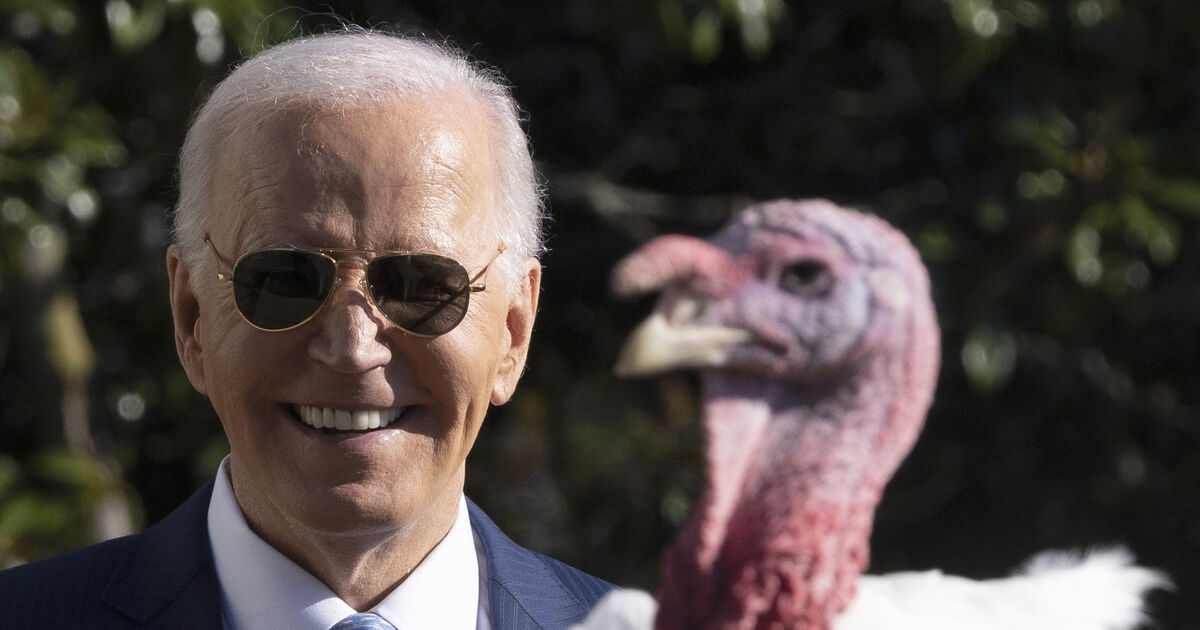
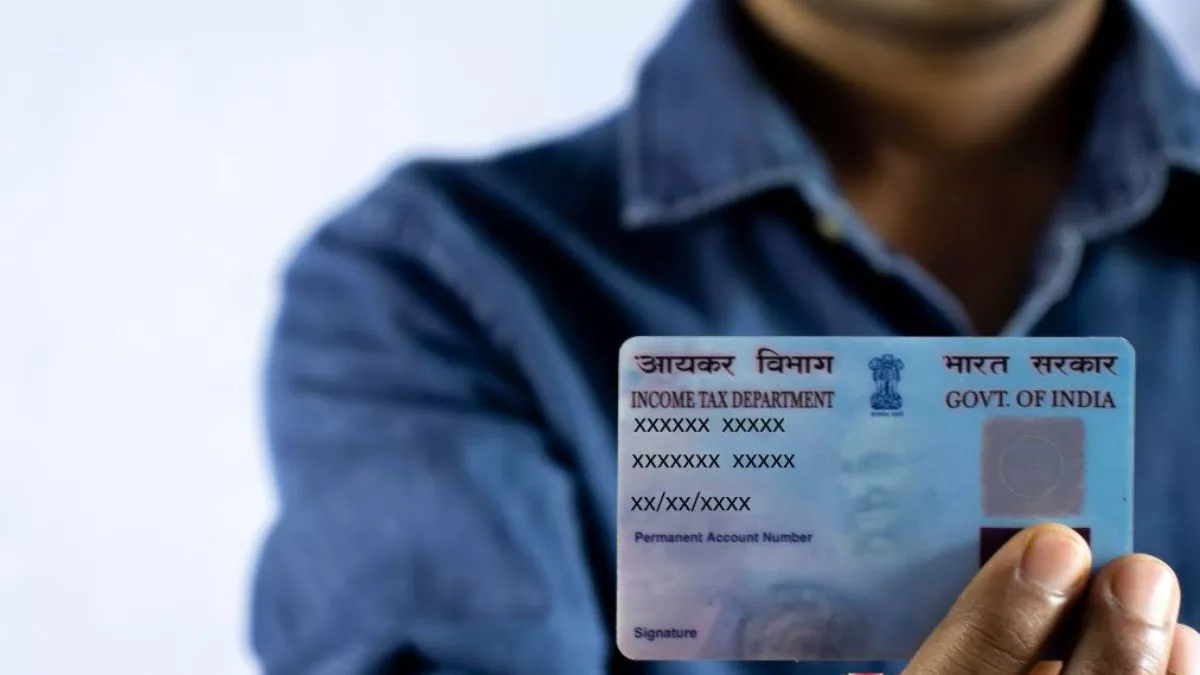


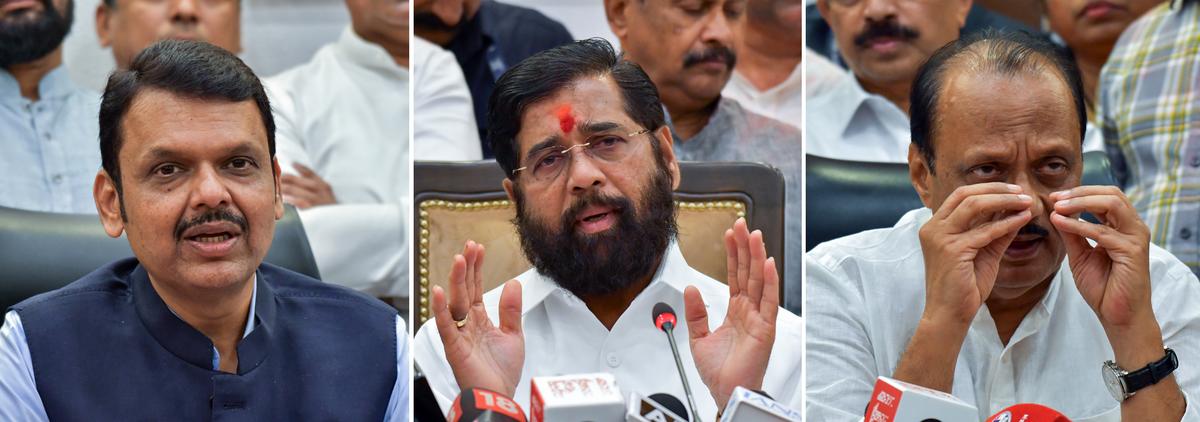

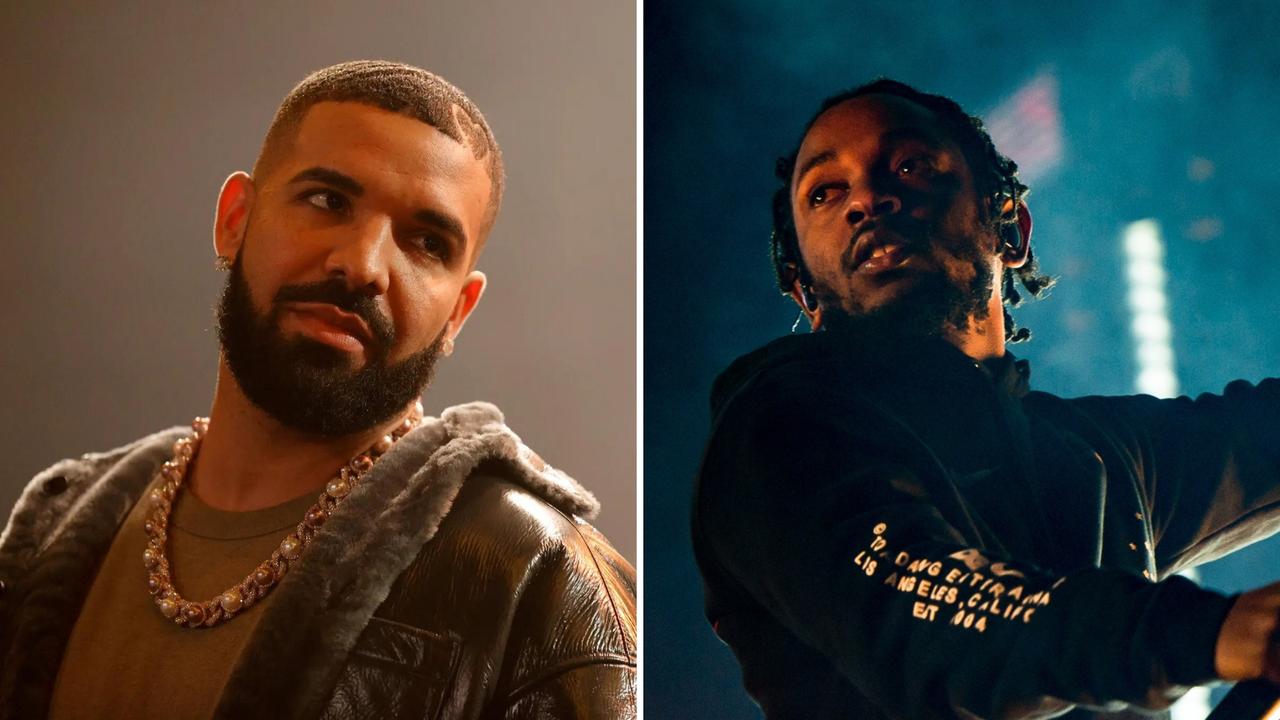
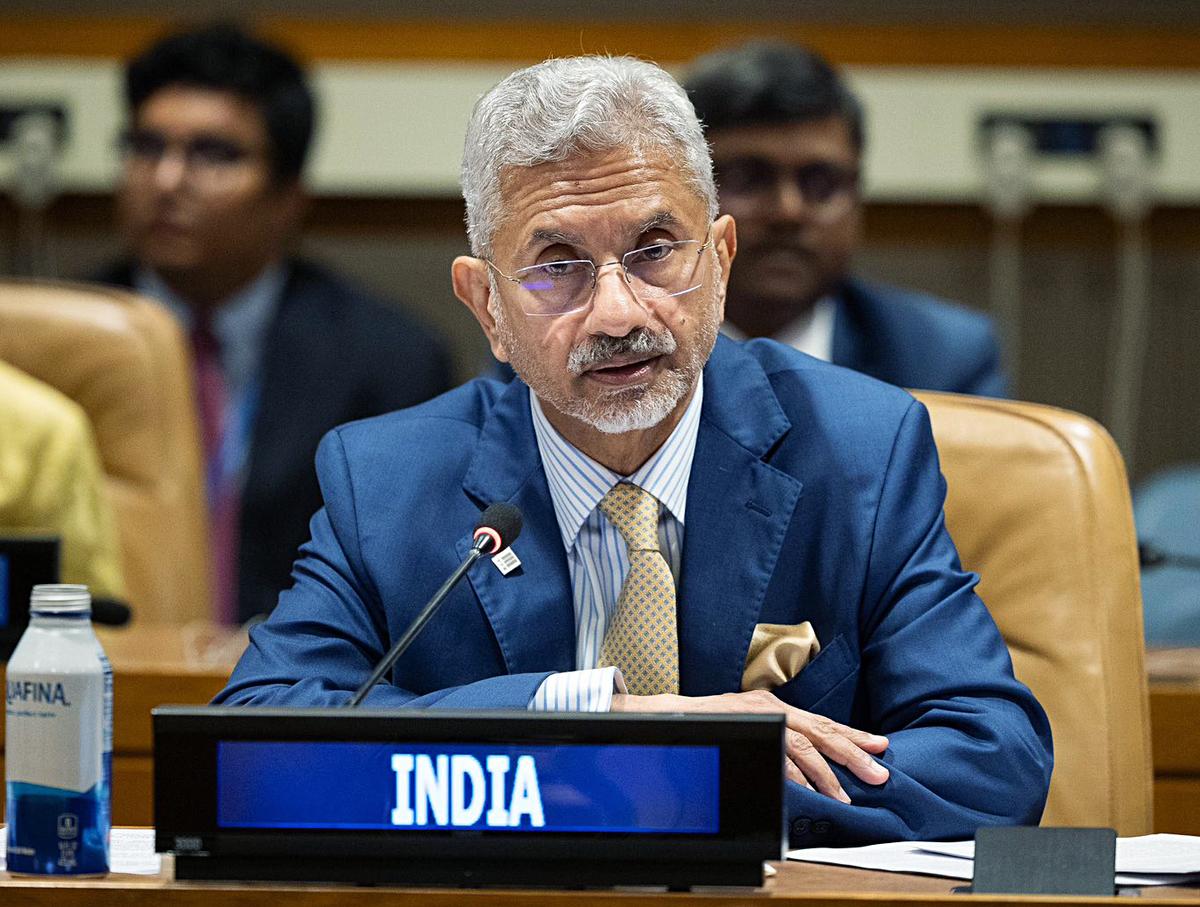
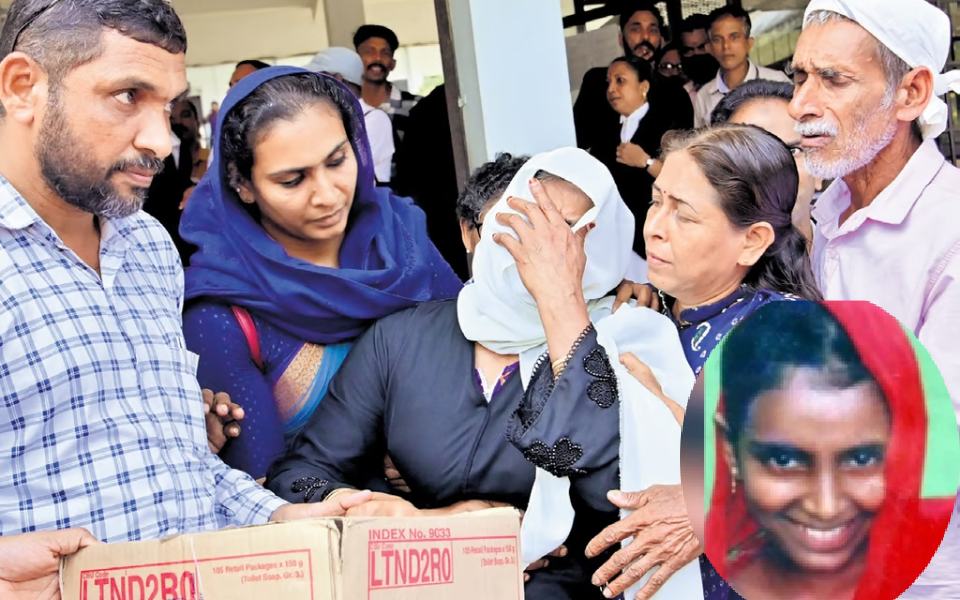

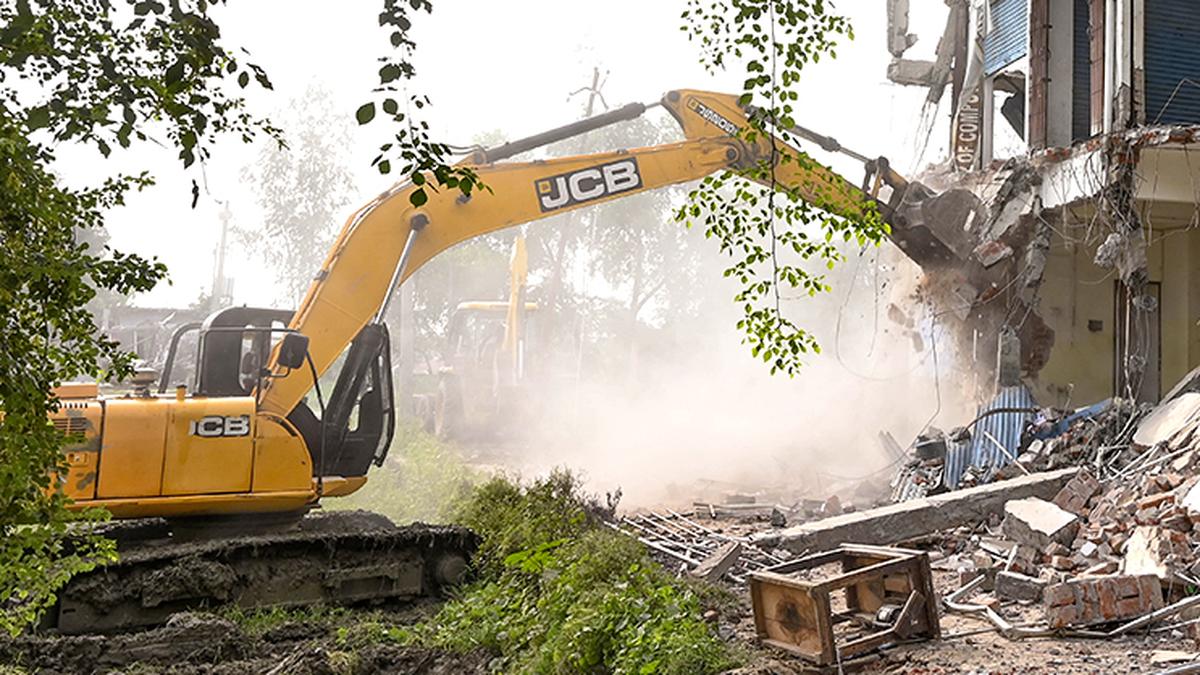



























































































.png)
 (1).png)























